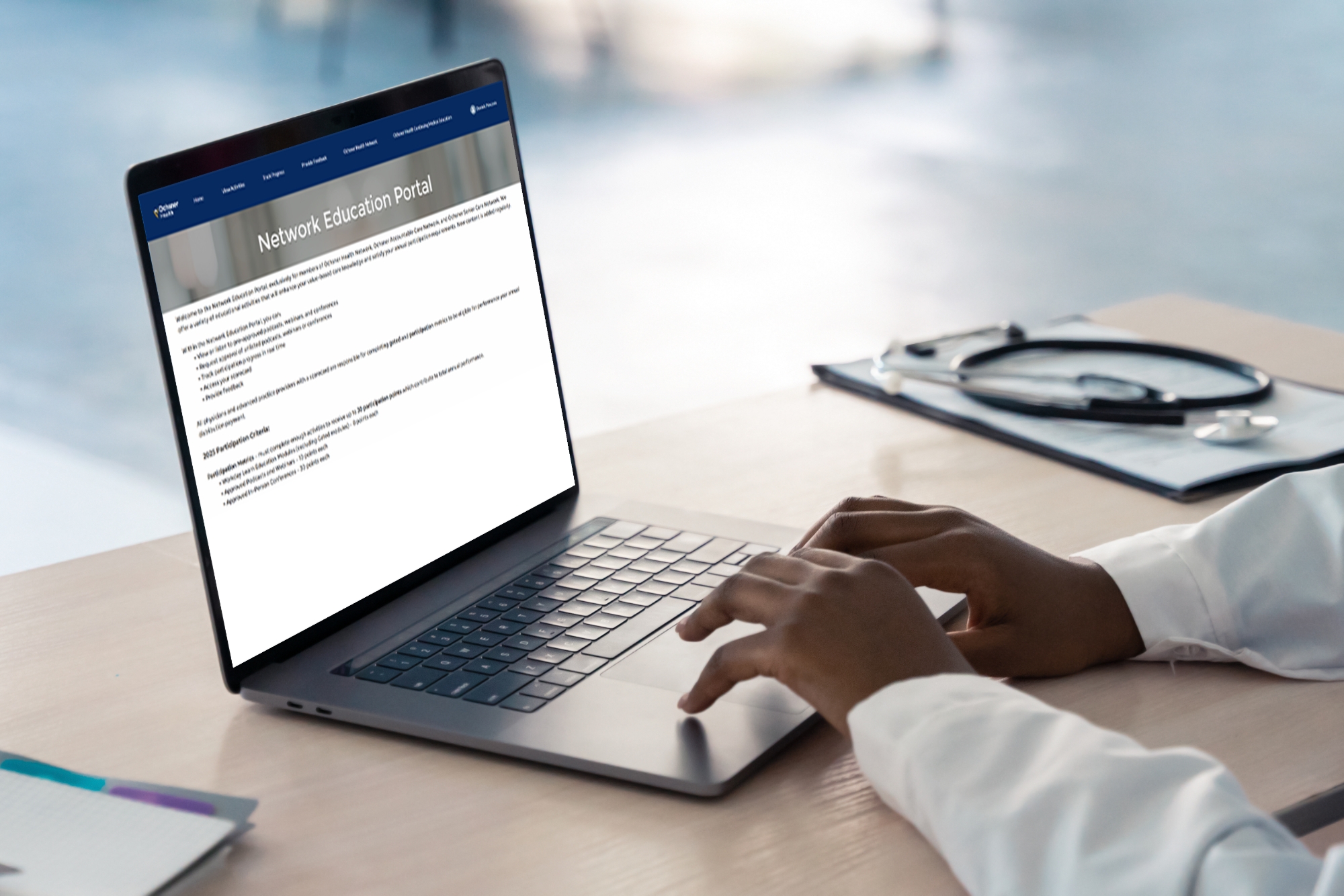What Are the Best Ways to Screen for Colorectal Cancer?

With General Gastroenterology Section Head Reinaldo Quevedo, MD
One in 23 men, and one in 25 women are at risk for developing colorectal cancer (CRC). The second most common cancer-related death in America, the disease claims 50,000-plus lives and 150,000 new cases each year. Screening methods like colonoscopy and stool-based tests offer early detection and potentially prevent this deadly cancer. However, compliance among patients remains a challenge.
The National Institutes of Health reported that among consumers, lack of knowledge, clinician recommendation and access to be among the biggest barriers.

The latest screening guidelines
The US Preventive Services Task Force recommends that adults aged 45-75 receive screening for colorectal cancer. While most should begin screening at age 45, earlier testing might be appropriate among patients with
- Inflammatory bowel disease such as Crohn’s and ulcerative colitis
- A personal or family history of colorectal cancer or colorectal polyps
- A genetic syndrome such as familial adenomatous polyposis or hereditary non-polyposis colorectal cancer
Increasing screening compliance
Ochsner Health Network’s latest strides in EMR-based screening protocols and processes improve both accessibility and ease for patients, beyond the walls of colorectal specialist offices. While colonoscopy remains the gold standard, JAMA reported earlier this year that the FIT test (fecal immunochemical test) saved the most lives and saved the most money in medical care over blood tests.
Now available across all Epic-based primary care practices, Ochsner Health Network’s new FIT order feature offers an easily accessible, non-invasive option for patients who meet CRC screening criteria.
Dr. Reinaldo Quevedo, Section Head of Gastroenterology at Ochsner Health, emphasizes that embedding the FIT test in the EMR at the primary care level, paired with its simple, at-home design, positions us to significantly improve population health screening compliance rates.
Efficacy of CRC screening methods
- Colonoscopy
- 100% detection rate (in theory)
- 60-70% reduction in CRC mortality and incidence in patient populations undergoing screening colonoscopies
- FIT
- 79% sensitivity and 94% specificity for CRC detection
- Largely replaced occult guaiac testing due to improved sensitivity
- Cologuard
- 92% sensitivity and 87% specificity for CRC
- CT Colonography
- 90-100% detection rate for CRC
- Variable detection rates for polyp
Screening methods
- Colonoscopy:
- Pros: Detects precancerous polyps and cancer, allows for polyp removal during the procedure, and is considered the gold standard for colon cancer screening and prevention.
- Cons: Requires bowel preparation, sedation, and is an invasive procedure with a small risk of complications like bleeding or perforation.
- Stool-Based Tests:
- Pros: Non-invasive, can be done at home, and are less expensive than colonoscopies.
- Cons: Less accurate than colonoscopies, with some more costly than others, and may miss some polyps and cancers, and require more frequent testing.
- Types:
- The guaiac-based fecal occult blood test (gFOBT) uses the chemical guaiac to detect blood in the stool, performed annually. The home kits require using a stick or brush to obtain a small amount of stool. The test kit is returned to the doctor or a lab, where the stool samples are checked for the presence of blood.
- The fecal immunochemical test (FIT) uses antibodies to detect blood in the stool, performed once per year in the same way as a gFOBT.
- The Cologuard test, also referred to as the stool DNA test, combines the FIT with a test that detects altered DNA in the stool, performed every three years. For this test, an entire bowel movement is collected and sent to a lab, where it is checked for altered DNA and for the presence of blood.
- Virtual Colonoscopy (CT Colonography):
- Uses CT images to create a 3D image of the colon, less invasive than colonoscopy but exposes patients to radiation and less available.
To learn about the latest in CRC screening and improving patient compliance, stay tuned for more insights from Dr. Reinaldo Quevedo in an upcoming edition of Network News.

Reinaldo Quevedo, MD
Section Head of Gastroenterology
Ochsner Health
-
-
-



